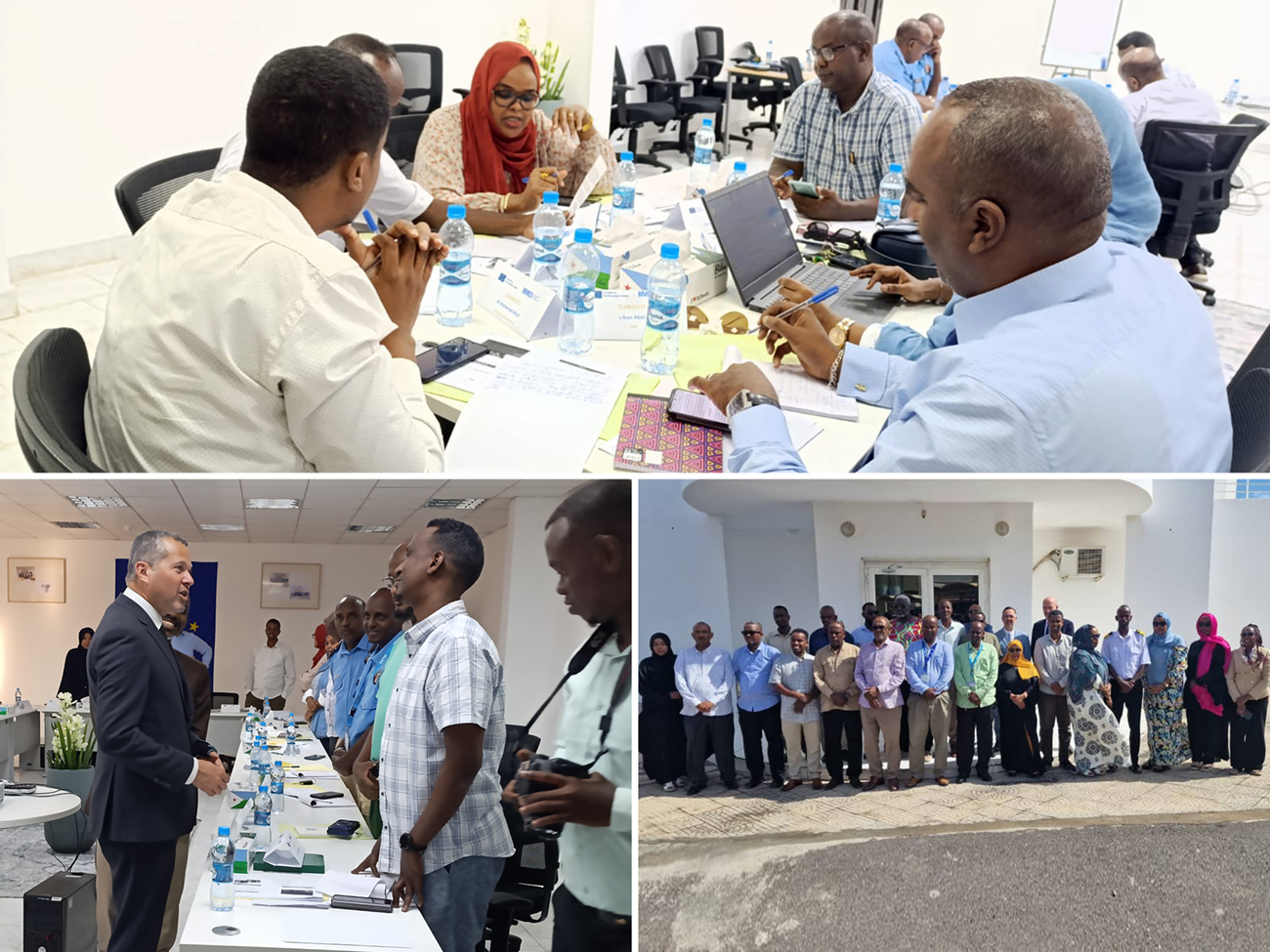IMO delivered a maritime security workshop in Djibouti City (27-31 October) to support local port authorities in developing and implementing robust port security plans, while improving the skills of personnel responsible for these plans.
The training equipped port workers with the knowledge and skills needed to carry out the required security measures and procedures outlined in Port Facility Security Plan (PFSP) in order to protect against security threats such as smuggling, terrorism and other criminal activities.
The workshop engaged 20 participants, including port facility security officers, training officers, port security staff, and facility managers from across the country.
The training covered the requirements for Port Facility Security Officers (PFSOs) and Designated Authority (DA) officials, based on provisions in the International Convention for the Safety of Life at Sea (SOLAS) and the International Ship and Port Facility Security (ISPS) Code. Participants also learned how to train others in similar roles.
The workshop was the latest in a series being rolled out under the framework of the EU-funded Regional Programme for Maritime Security in the Red Sea Area (‘Red Sea Project’). The European Union Delegation to Djibouti participated in the workshop to support IMO’s efforts to improve maritime safety and security in the region.
The Red Sea Project is implemented by IMO, the United Nations Office on Drugs and Crime (UNODC), INTERPOL, and the Intergovernmental Authority on Development (IGAD). The goal is to help countries in the Southern Red Sea and Gulf of Aden enhance maritime security and safety, aligning with Africa’s 2050 Integrated Maritime Strategy.
Djibouti’s ports are strategically located, including the Port of Djibouti situated at the southern entrance of the Red Sea and at the intersection of major international shipping lanes connecting Asia, Africa and Europe.
